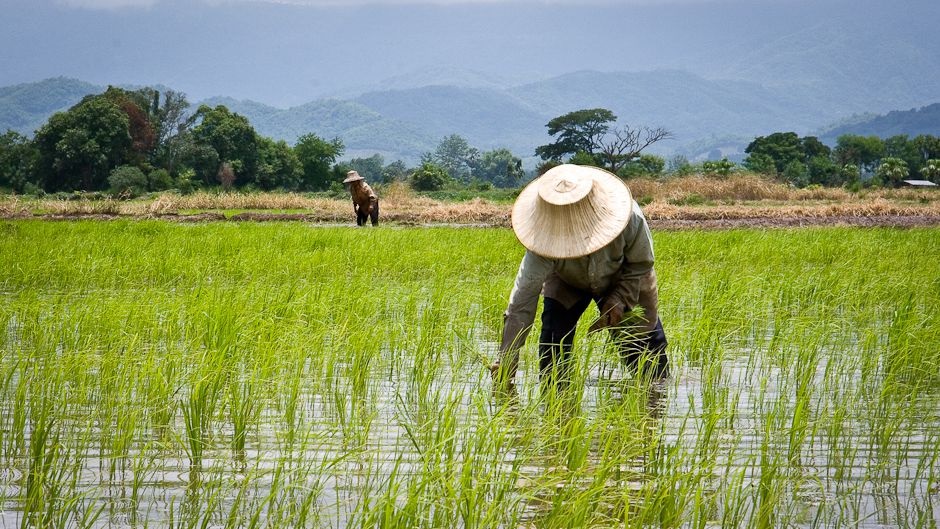Rice is a staple food harvest in many parts of the world. In some countries, it is even used as a currency. The production of rice can be quite challenging, particularly when you have yet to gain experience growing rice plants.
However if you are growing a rice field then there are certain things that you shouldn’t allow on it. Let’s see what are those things.
- Don’t allow Birds on your Rice farm
Birds are a real problem for the rice fields. They eat seeds, which can reduce yields and delay the planting season.
The birds can also damage plants by eating them through the stem or leaves, causing damage that will take more time to repair than if you had just left them alone.
And if you live in a country where animals are in abundance, prey birds coming onto your farm is even worse. Repellent for birds is what you need to make sure that they are not causing havoc to your rice field.
- Don’t allow damaged and broken seeds
If you want to get solid yields at harvest, don’t allow damaged and broken seeds during sowing.
These seeds will do no good to your field instead they will simply hinder the process.
- Do not allow monkeys on your rice farm
You should not allow monkeys on your rice farm. They can destroy your crops, carry diseases, and are very aggressive.
Monkeys are a nuisance to your workers as they steal food and climb on their heads or shoulders. You can always work with your fellow farmers to ensure great team building for the sake of your rice field.
- Do not allow Pests on your Rice Farm
Pests are a problem for farmers. They can destroy your rice crop and be a health threat to the people who live on your farm. Pests can be a problem for farmers because they eat away at the crops, leaving nothing but dead plants behind.
In order to keep pests out of your rice farm, you will need to use pesticides or other types of chemicals that repel insects from eating your crops and make them so they don’t get inside in the first place.
- Be Vary of Excessive Waters
Excessive water can cause damage to your rice plants, seedlings, and fields. It can also cause damage to the harvest of your crop.
Watering the field is important but make sure that there is moderation.
- Be Mindful of Vulnerable Seedlings
The seedlings are vulnerable to damage and need protection from the environmental elements. They also need a chance to grow into healthy plants, so you mustn’t allow any harm to this stage of development.
When the seedlings are young and vulnerable, it is important to have a permanent watch on the field to ensure maximum production.
- Refrain from spraying insecticides on rice plants when it is windy or raining
Spraying insecticides on rice plants when it is windy or raining is a bad idea.
Insecticides are harmful to humans and the environment. They can also kill beneficial insects, bees, and birds. Also when it is windy or raining then there is no point spring insecticides on rice plants. Make sure you stay in touch with an insecticide consultant before doing anything only your own.
Bottom Line
You can use these tips to ensure that your rice farm remains healthy and productive. If you follow all of them, you can acquire the most out of your crop by avoiding any pest or disease that could harm it.

VyCnzaevTUsFAjZB
elQwsEmcoqHrzOa